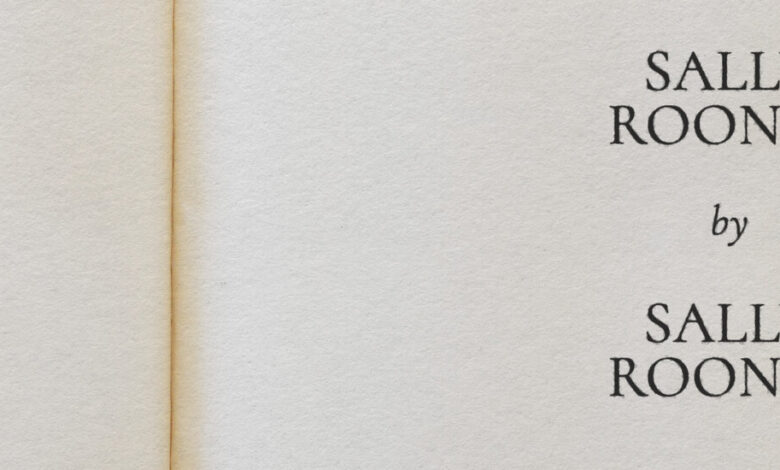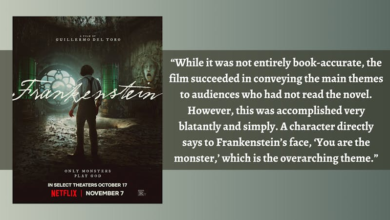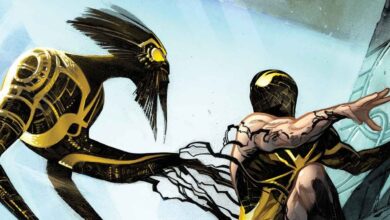Opinion | Sally Rooney Is the Least Interesting Thing About Her Novels

As a result, “Sally Rooney” has become an abstraction more than a writer — a representative either of our deepest selves or of all we culturally loathe. Too many readers have come to treat her as synonymous with her characters and with the circus atmosphere that surrounds each new book.
One critic suggested that the character of Alice, a novelist, is “an obvious stand-in for Rooney,” then quoted Alice’s words as though they were Ms. Rooney’s own. “Somewhere halfway through ‘Beautiful World, Where Are You,’” the critic commented, “Rooney casually lets it drop: ‘I don’t think I’ll ever write a novel again.’ I’m pretty sure she means it.” But in addition to this not actually being a statement from Ms. Rooney, by the end of the book, Alice is writing another novel. Alice is a fictional character, “Beautiful World” is not an essay collection and the events that take place within the novel did not actually happen.
This tendency to conflate female novelists with their characters, and to misunderstand them as being somehow incapable of the imaginative work of novel-writing, long predates Ms. Rooney. In 1850, when Charlotte Brontë revealed that Ellis Bell, the purported author of “Wuthering Heights,” was in fact her late sister Emily, an immediate question arose that hadn’t occurred to anyone to ask about Mr. Bell: Where in the world did she get these crazy ideas? How could a sheltered young woman have come up with such a bizarre story?
The simplest answer — that Emily Brontë simply made her book up — seemed scarcely plausible. No, she must have had a dramatic love affair nobody knew about, or she was some sort of passive vessel of inspiration, or perhaps her brother, Branwell, was the writer — all arguments that echoed the notion that Percy Bysshe Shelley, not his wife Mary, really wrote “Frankenstein.”
Women are no longer considered such naïve angels that they can’t produce works as strange or perverse as any man’s — but their imaginative powers still don’t receive full credit. Ms. Rooney has consistently stated she wants to remove herself from the conversation around her books but many readers won’t let the novels stand on their own, continuing to insist that women can write convincingly only when they write about themselves. Even Elena Ferrante, an author writing under a pseudonym, is routinely called a writer of “autofiction,” even though we know nothing about her life. Either that, or she’s suspected of secretly being a man.
Source link



